The policy, which began on October 1, is aimed at attracting more Chinese tourists, who make up the bulk of visitors to Thailand. Despite the lifting of most Covid-19 restrictions, Chinese arrivals have yet to rebound strongly to the Southeast Asian destination.
The Thai Travel Agents Association said earlier that many Chinese are reluctant to travel abroad due to economic pressure and the weak yuan.
In addition, negative images of Thailand are spreading on Chinese social media, especially regarding safety issues, making tourists reluctant to travel.
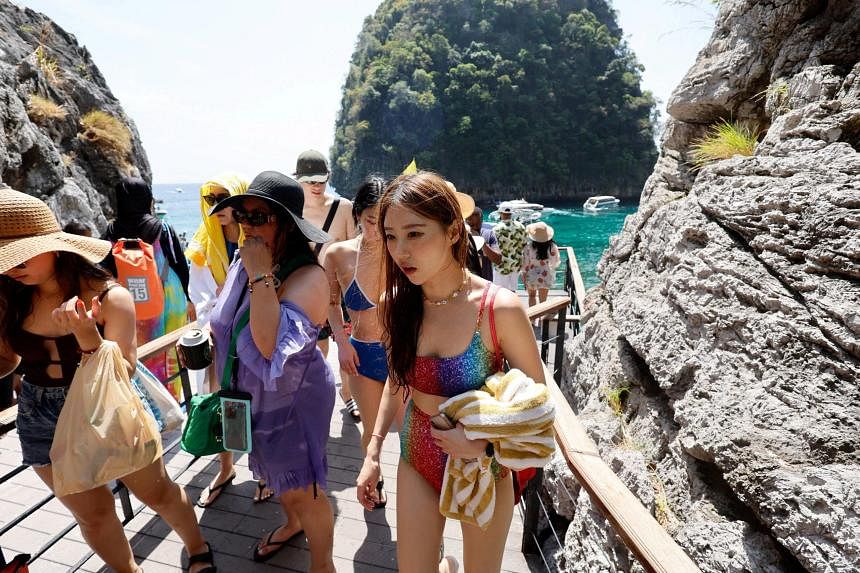
Thailand has reduced its target of attracting Chinese tourists from 7 million to 5 million in 2023.
In particular, a recent Chinese film about a fraud network and the claim that Thailand is a transit hub for human trafficking is affecting tourists' psychology.
The Chinese thriller No More Bets depicts a group of people being tricked into working with a network of con artists in Southeast Asia. The film grossed $505 million in its first five weeks of release and topped the Chinese box office in August.
Surawat Akaraworamat, vice president of the Tourism Council of Thailand, said the film had caused Chinese people to have a negative view of Southeast Asian tourism, which had weakened since March due to an incident in which Chinese tourists to Thailand were kidnapped and taken to a neighboring country.
Concerns have grown over the past few months as many online content creators in China have picked up the topic and fueled rumors that Thailand is unsafe to travel to.
Thailand’s visa-free plan has faced mixed reactions, with some tourism-related businesses concerned that easier entry will lead to an influx of Chinese criminals.
The IB director said on Monday that the visa exemption could create a loophole for operators of scam call groups, illegal businesses and other transnational crimes to enter Thailand.
There are also concerns that the policy will exacerbate congestion at immigration counters. IB will need to ease crowding at airports due to an expected surge in Chinese arrivals. For example, all immigration counters will need to be fully open during peak hours.
IB is seeking dedicated entry lanes for Chinese passport holders and has unsuccessfully asked Thai airports to create more space for immigration checkpoints at international airports.
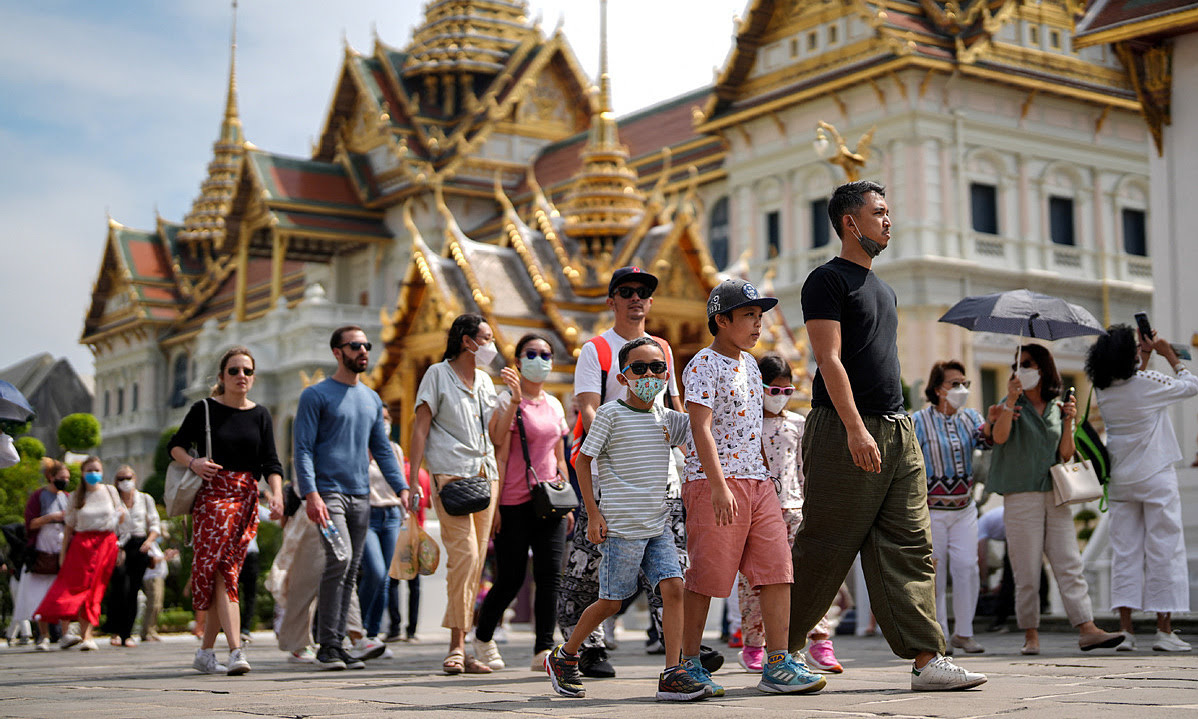
Foreign tourists visit the Grand Palace in Bangkok
The Tourism Authority of Thailand (TAT) estimates that the government ’s visa-free scheme for tourists from China will increase the number of arrivals by 700,000 during the peak season. In the first eight months of this year, 2.1 million Chinese tourists visited Thailand.
TAT believes that the visa exemption plan of new Prime Minister Srettha Thavisin will attract more tourists in the fourth quarter, as TAT prepares to support additional flights between the two countries.
However, Surawat Akaraworamat said that a visa-free policy without other measures may not stimulate the market because other countries are preparing to offer similar privileges to attract Chinese tourists. South Korea also announced a visa-free plan for Chinese tourists this week.
Besides, the visa waiver program may not bring maximum benefits if negative perceptions of Thailand remain in China. He said that the Thai government should issue a statement to assure Chinese tourists of safety to regain their trust.
Source link




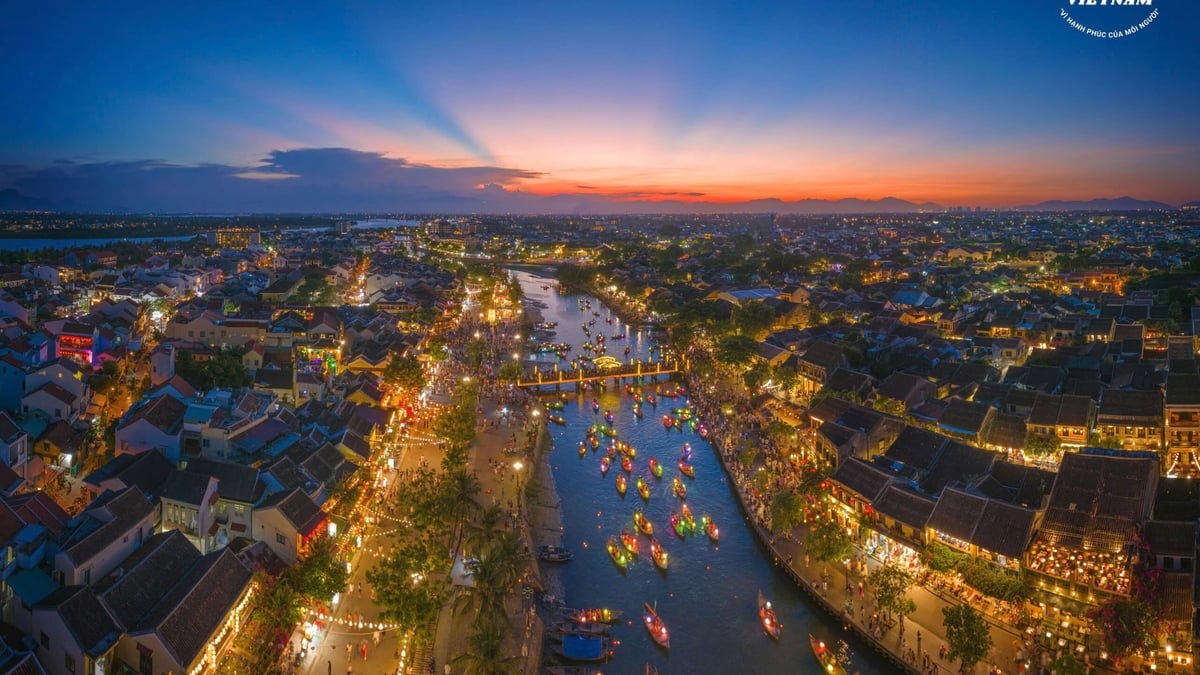

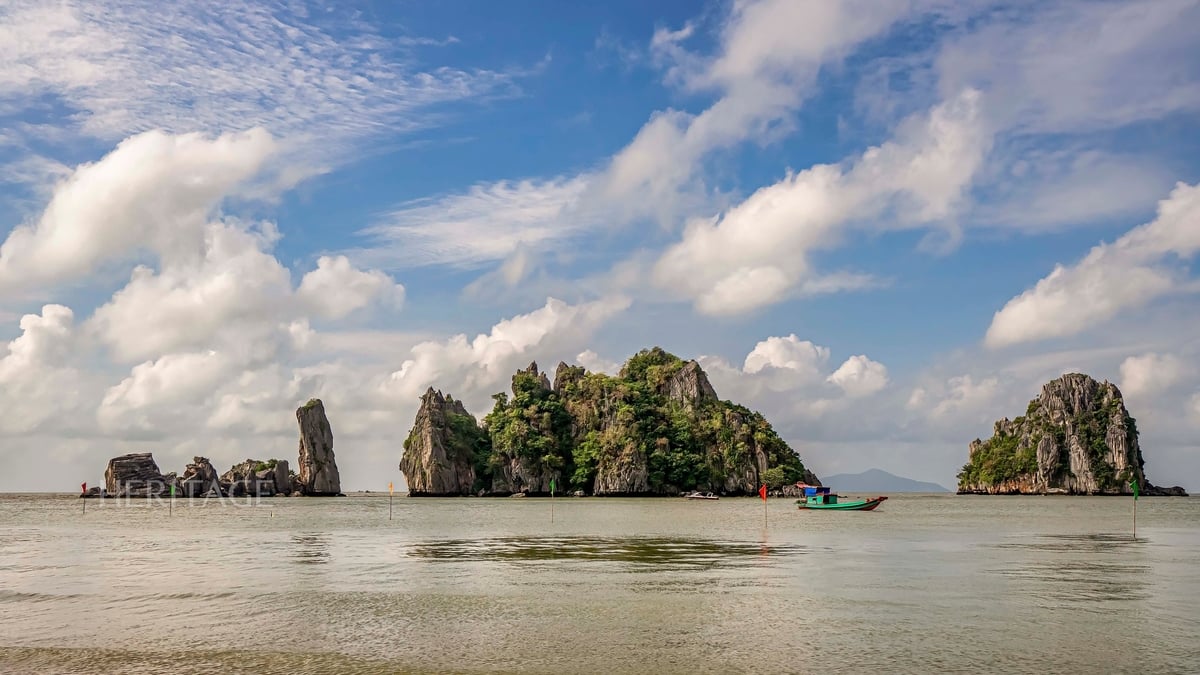





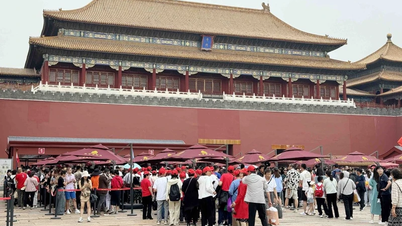




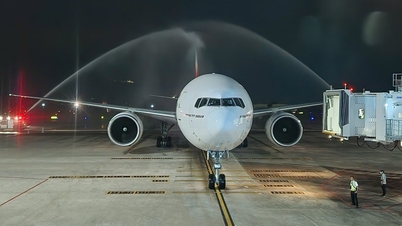

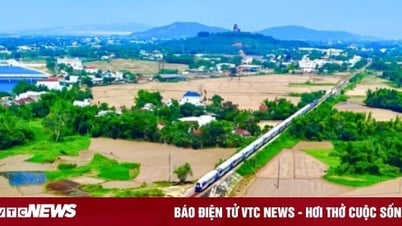



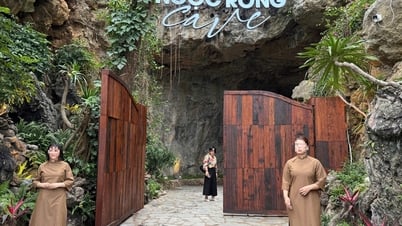






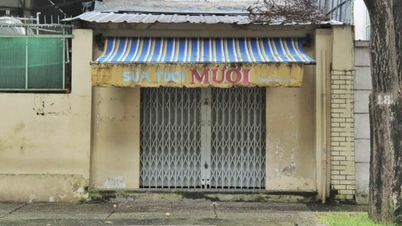

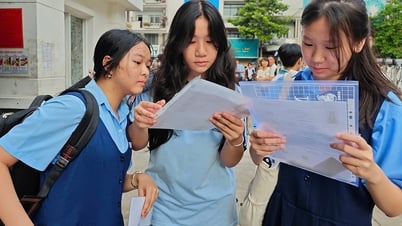




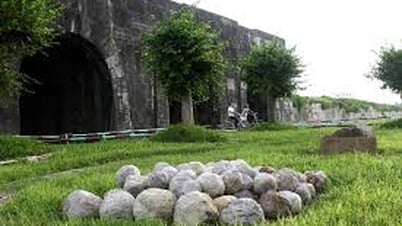

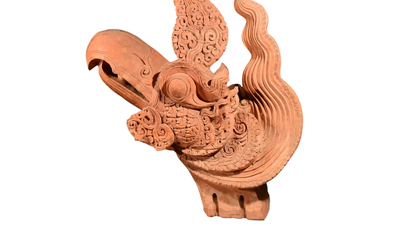















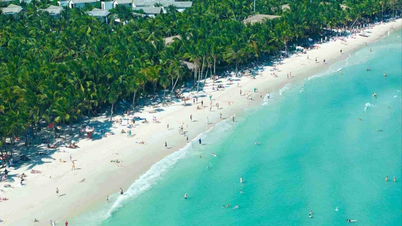

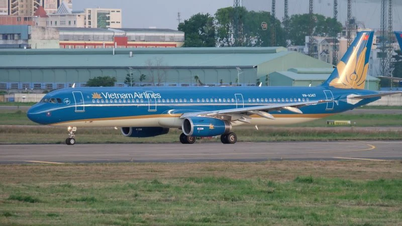



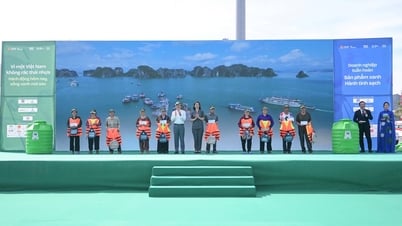
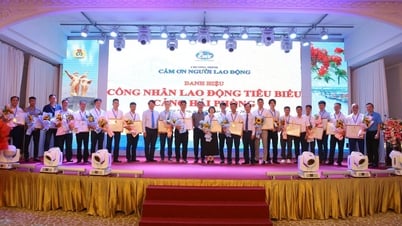
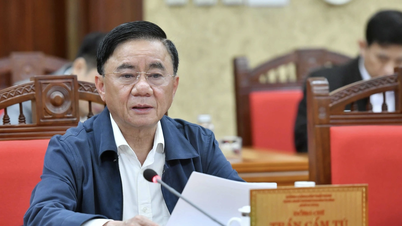

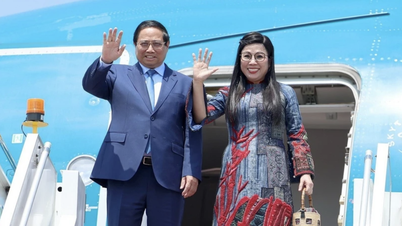
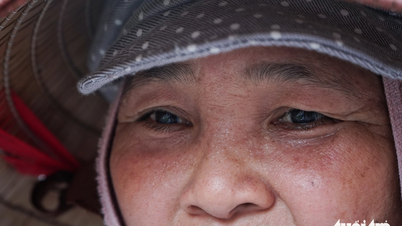
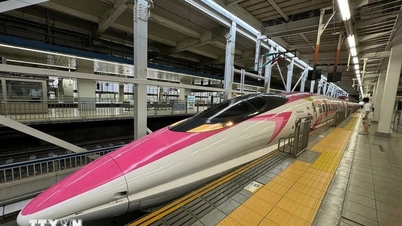


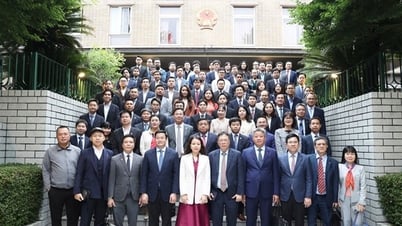



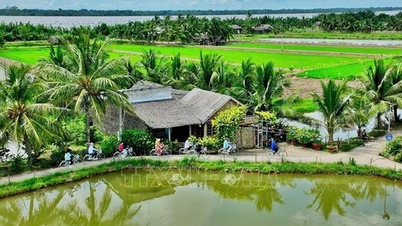
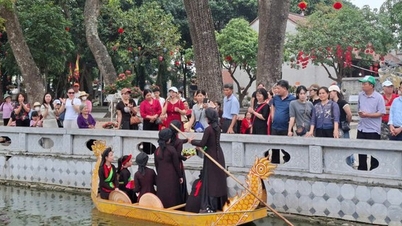
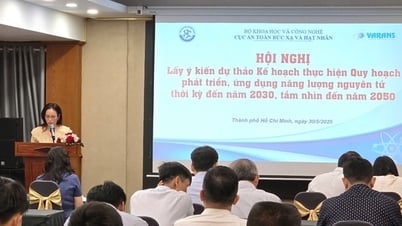





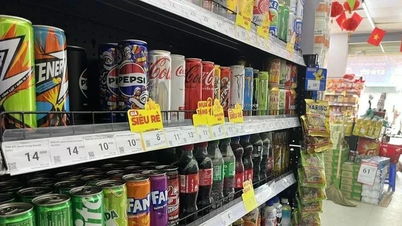

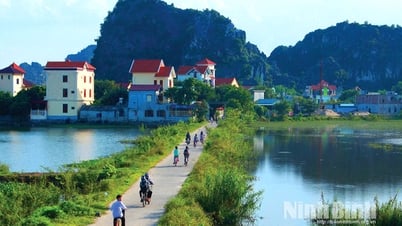



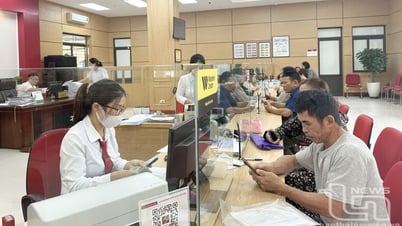










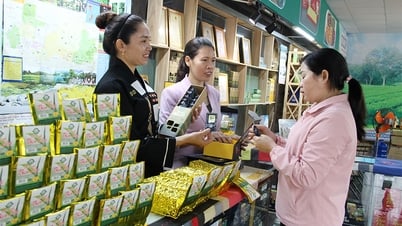
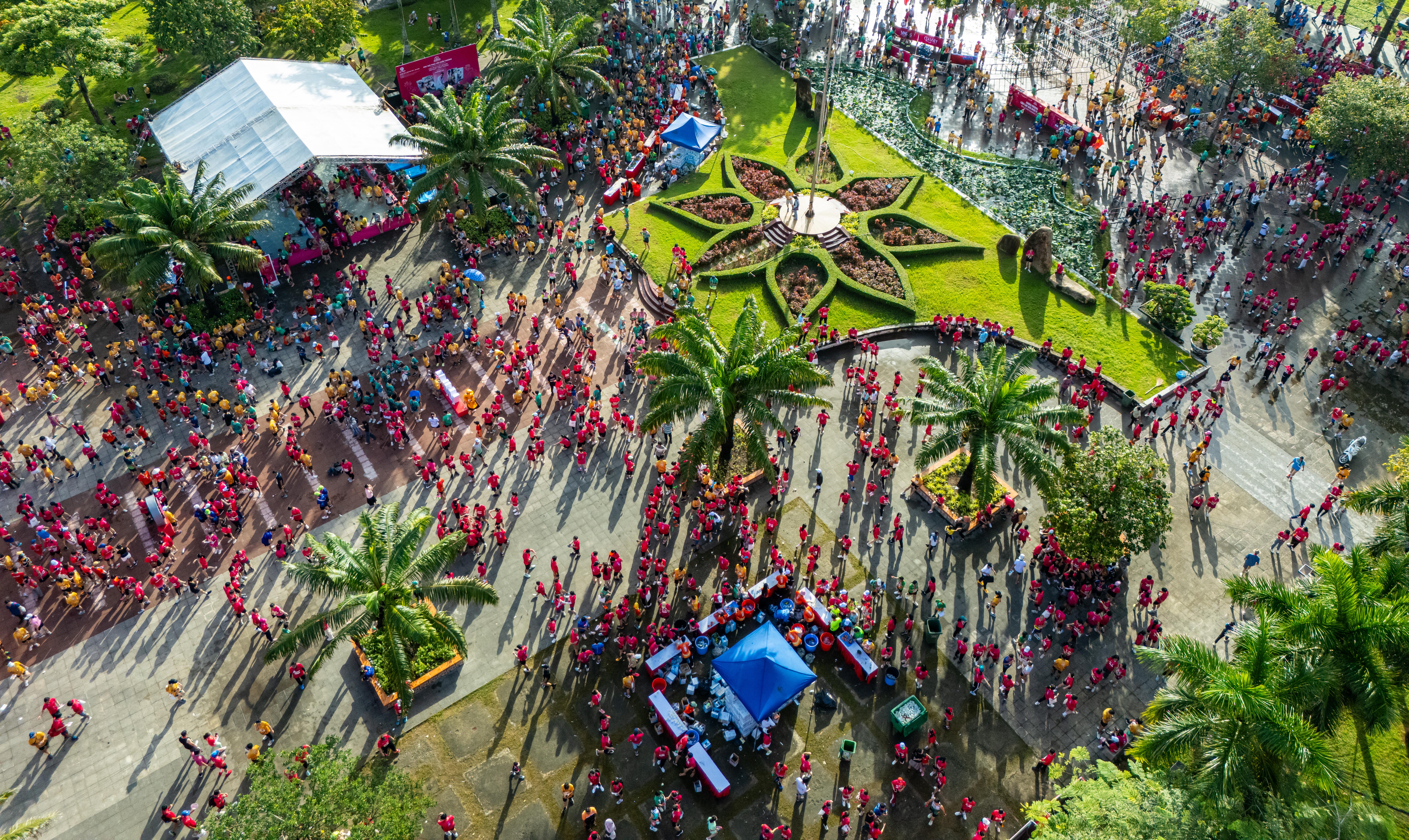

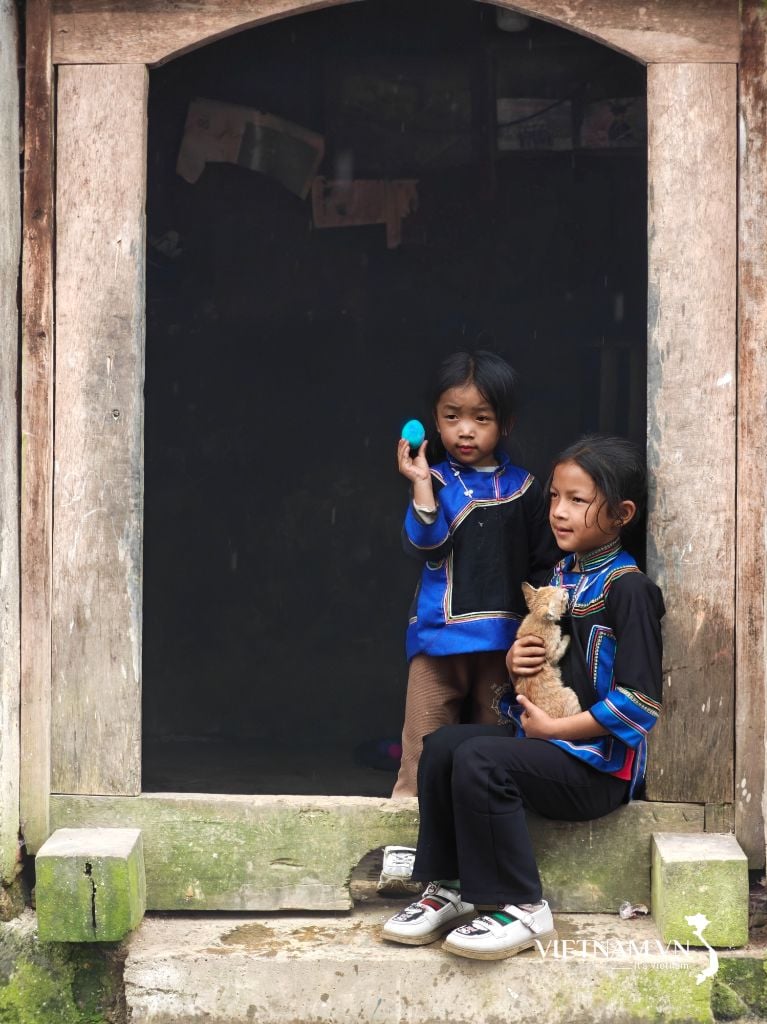

Comment (0)